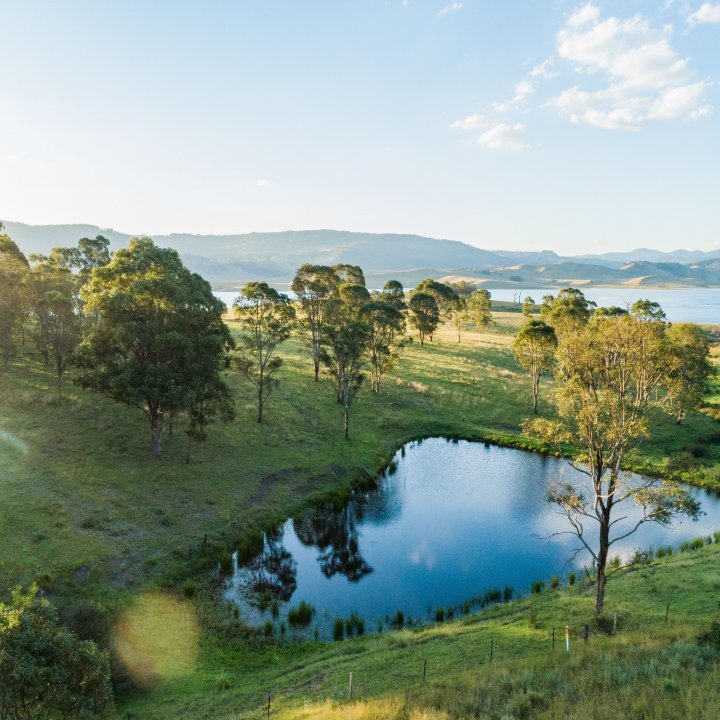We have decided to maintain Water NSW’s current prices in real terms (ie, excluding the effects of inflation) for its bulk water services in the nine Murray-Darling Basin (MDB) valleys and the Fish River Water Supply Scheme (Fish River) to apply from 1 July 2020 to 30 June 2021. Under our decision, current prices would only increase by 2.2%, in line with CPI, from 1 July 2020. Refer to our Final Report and Final Approval for more information.
We are required to assess whether it is reasonably necessary to update charges
The Water Charge (Infrastructure Rules) 2010 (WCIR) requires Water NSW to submit an annual pricing application for IPART’s approval or determination of prices for 2020-21. The Annual Review provides an opportunity for IPART to vary charges for 2020-21, which were originally set in the 2017 Determination. In our assessment of whether it is reasonably necessary to vary charges, we consider changes in demand and consumption forecasts (as measured by changes in water allocations, entitlements and sales), and price stability.
This review applies to all nine of the MDB valleys, and rural customers for both filtered and raw water in the Fish River (see figure below). It does not affect Water NSW’s North Coast, South Coast and Hunter Valley customers, for which charges are set under the Independent Pricing and Regulatory Tribunal Act 1992 (NSW).
We have decided to maintain Water NSW’s prices at current levels in real terms
Our decision is to maintain the regulated charges in real terms as set under the 2017 Determination. This mean that, Water NSW’s current prices would simply increase by CPI of 2.2% from 1 July 2020. This decision is consistent with Water NSW’s Annual Review application.
Water NSW’s regulated charges for rural bulk water services for 2020-21 are set out in the tables below. In the MDB, the ‘fixed charges’ are measured in $ per ML of entitlement, and the ‘usage charges’ are in $ per ML of water extracted. In Fish River, the ‘access charges’ are measured in $ per kL of Minimum Annual Quantity (MAQ) and ‘usage charges’ are measured in $ per kL of water extracted.
While the historical data provided by Water NSW shows that sales have declined across seven of the nine MDB valleys (that is all valleys except Peel and Lowbidgee Valleys) since 2017 due to lower rainfall and water availability, Water NSW forecasts that water sales will increase in 2020-21 as drought eases and water availability increases. Given that the severe and prolonged drought appears to be easing, we do not consider the low levels of water sales to represent a sustained shift such that it would be reasonably necessary to change the regulated charges we set in the 2017 Determination.
In the Fish River, water sales have been volatile since 2017 and there is no clear evidence of a sustained shift in demand.
If we were to update the regulated charges from 1 July 2020 to reflect the most recent water sales data (and including the effects of inflation):
- For the nine MDB valleys, on average, High Security entitlement charges would increase by 12%, General Security entitlement charges would decrease by 2% and usage charges would increase by 5%.
- For Fish River, on average, access charges would decrease by 0.5% and usage charges would increase by 2%.
We have summarised the indicative charges if we were to update prices to reflect the latest data on sales for each individual valley in Appendix B of our Final Report. This Appendix also provides a summary of the latest water entitlements, allocation ratios and sales.
We continue to see merit in applying discretion to updating charges at each annual review
In its pricing application, Water NSW proposed that we adopt a more formulaic approach to updating charges in future annual reviews (ie, annual reviews for the next determination period).
We consider that our current annual review process, which includes analysis and assessment of whether it is reasonably necessary to update regulated charges, is appropriate. We generally do not support a formulaic approach to the annual review, which would result in charges automatically changing each year, because this may result in unnecessary price volatility and other unintended outcomes.
We intend to consider this matter, along with other related issues including the method we use to forecast sales, in more detail during the upcoming comprehensive review of Water NSW’s prices, which is due to commence in July 2020. The comprehensive review will determine Water NSW’s regulated charges to apply from 1 July 2021.




